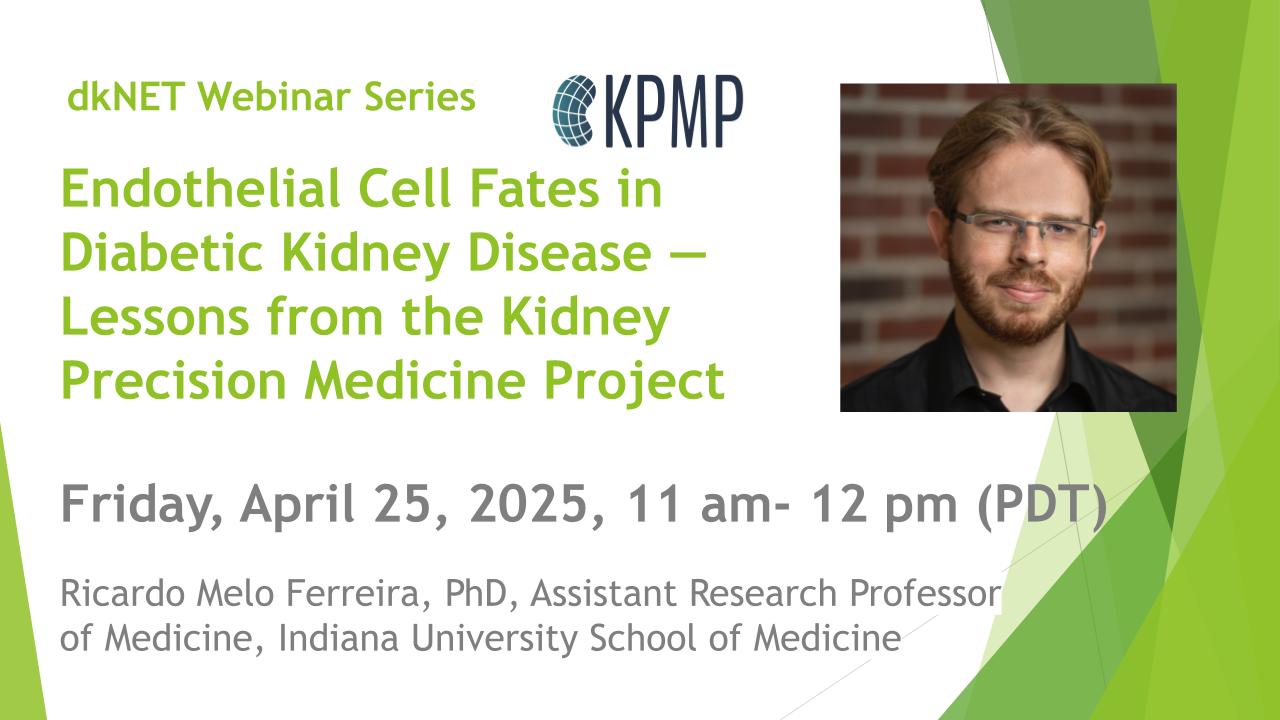Leaving Community
Are you sure you want to leave this community? Leaving the community will revoke any permissions you have been granted in this community.
[Recorded Webinar and Slides Are Available Now!] Join dkNET Webinar - GeneNetwork: Experimental Precision Medicine and Smart FAIR+ Data for Metabolomics and Diabetes Research
*Watch recorded webinar here: https://youtu.be/JSHo222RVoQ
Join dkNET Webinar on Friday, Oct 8, 2021, 11 am - 12 pm PDT
Abstract
The challenge of precision medicine is to model complex interactions among DNA variants, phenotypes, development, environments, and treatments. The community of researchers using animal models must address the challenge of both genetic and environmental complexity typical of human populations. We have developed large families of mice and rats that can be used as uniquely powerful model for experimental versions of precision medicine. For example, the BXD family of mice segregates for 6 million common DNA variants—a level that exceeds many human populations. Because each member is an isogenic strain, the entire family can be replicated in many environments and offered many treatments. Heritable traits can be mapped with high power and precision. The current BXD phenome is unsurpassed in coverage and include deep omics data and thousands of quantitative traits—including a great deal of data relevant to metabolism, obesity, aging, kidney function, and insulin levels. These new Experimental Precision Medicine resources can be expanded to as many as 20,000 isogenic but non-inbred F1 progeny and be used as a far more effective platform for testing causal modeling and for predictive validation—unique core resources for the fields of prevention and therapeutics.
The top 3 key questions that GeneNetwork can answer:
1. What is the relation between insulin levels as a function of diet, age, body weight and lifespan in mice? (BXD family; see Nature Metabolism paper by Roy et al., Sept-Oct 2021)
2. How can researchers using single strains of mice broaden the relevance of their findings to improve the translational relevance to human health and to diabetes prevention and treatment?
3. How in the world can a molecular or cell biologist master complex statistical genetic methods to test causal (aka, mechanistic) linkages between DNA variants and disease risk?
Presenter: Robert W. Williams, Ph.D. Chair, Department of Genetics, Genomics and Informatics, University of Tennessee Health Science Center, UT-ORNL Governor's Chair in Computational Genomics
Dial-in Information:
Date/Time: Friday, October 8, 2021, 11 am - 12 pm PDT
https://uchealth.zoom.us/meeting/register/tZ0scOChrz8qGdOX_p4fh3XsaFC3QSBb53zH
Upcoming webinars schedule: https://dknet.org/about/webinar





